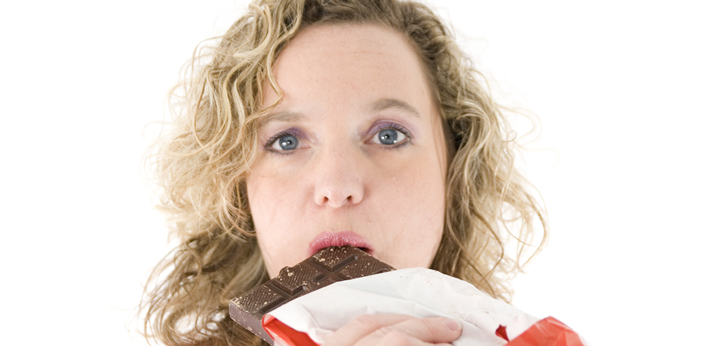 Here’s what I have learned in the ten years of working with people who struggle with diet plans and are seeking healthy ways to lose weight.
Here’s what I have learned in the ten years of working with people who struggle with diet plans and are seeking healthy ways to lose weight.
Although Kelly Brownell who wrote Food Fight is focusing on children who are certainly victims of the obesity epidemic, we are all prey to these insidious and dangerous phenomena of the addictive substances in processed food. What is going on?
I think we have all been misled into believing and thinking that diet and exercise are the answer. You have been programmed to think that if you are challenged by losing weight it is because you don’t have enough willpower. There is only one problem with that solution.
You can’t diet and exercise if you are addicted to sugar.
According to Robert Lustig MD, an endocrinologist at the University of San Francisco, you don’t have a chance because sugar is for some people as addictive as the ethanol in alcohol and should be a controlled substance.
Despite this, sugar is literally in everything. This is a biochemical problem that wreaks havoc with your brain and disenables the hormones you rely on to tell you when you are hungry and full. They no longer work when you are under the influence of this toxic addictive substance. According to the Harvard Health Letter, October 2006 issue, annual consumption of sweeteners has increased to about 100 pounds per person over the past 20 years. During this period more people especially children have become overweight and obese…added sweeteners such as high fructose corn syrup may be the reason. Artificial sweeteners added to drinks are particularly troubling because people believe these drinks are healthy. People who drink two cans of diet soda a day over a decade are 70% more likely to be obese. Not only are you saturating your body with sugar, it is debilitating your energy so you can’t exercise even if you want to.
The cure for this like all addictions is to become knowledgeable and ready to make some changes. The pain of continuing to eat like this has to become in your mind greater than the reward you think you get.
This includes taking a hard look at the underlying emotional or life issues that created it. As with most addictions the cure is abstinence and or a modification of how you eat that includes the consumption of plant based foods supplement with moderate amounts of concentrated protein preferably fish. This means focusing on eating real foods such as vegetables, salad, fruit and some “truly” whole grains.
Lustig said this is such a problem for our children. It starts with the baby formula we feed. If we do not have government intervention to help protect us…we will be sorry. This of course will not happen. So you have to take charge of your health yourself. The New York Times has run several articles on the merits of taxing food such as soda and subsidizing vegetables:
We need to treat the food industry just like we did the tobacco industry.
The best diet plan is to eat real food and take up something like meditation and walking to help rebalance the brain chemistry in a This is why I put together a great home study program for stress reduction that includes a great beginner course: Doubt Free meditation.
This is why I put together a great home study program for stress reduction that includes a great beginner course.
